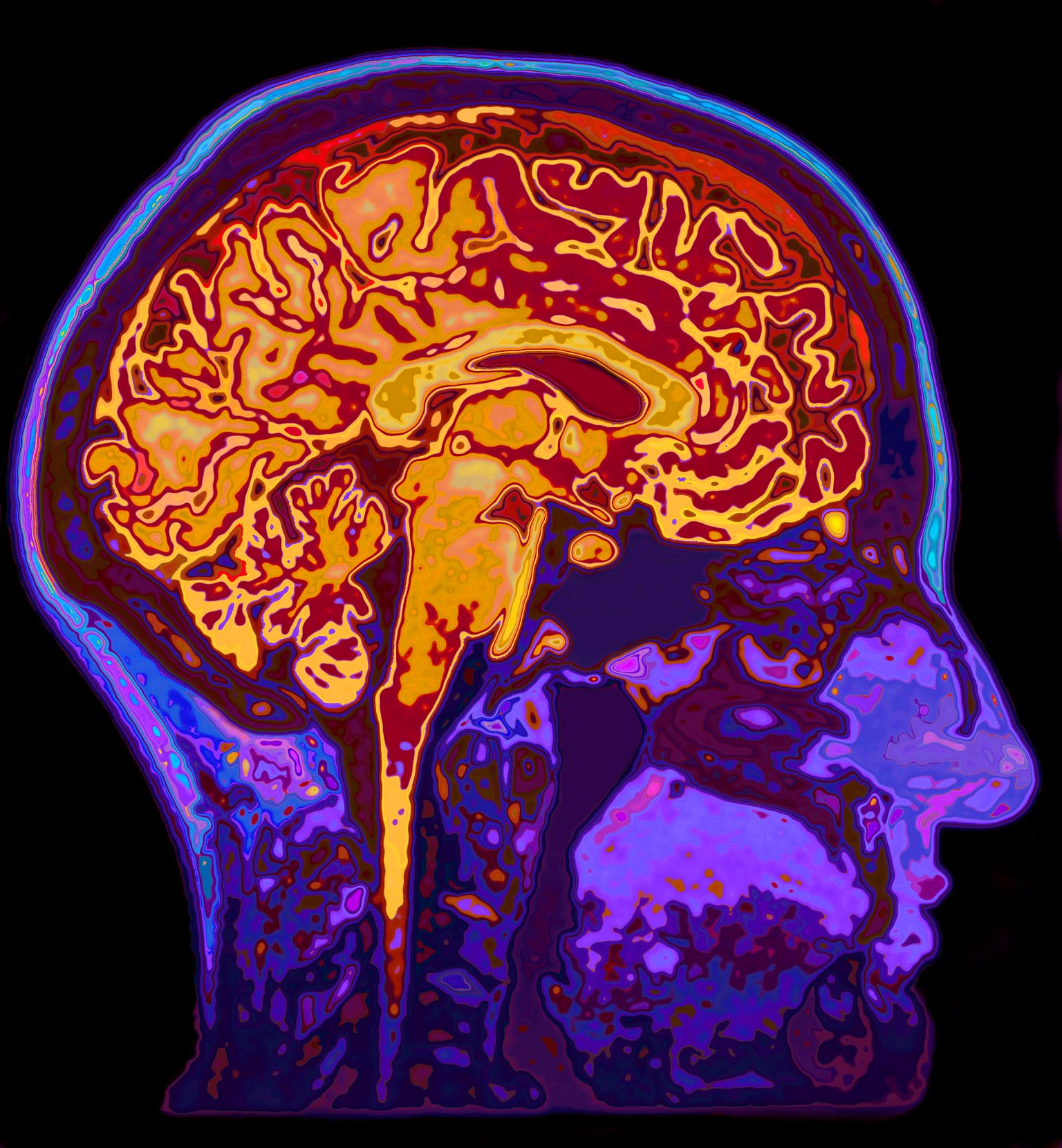UCLA researchers have published a paper describing a new way to combat the worst form of brain cancer. The technique uses immunology and a proven chemotherapy drug, decitabine.
The most common form of brain cancer, Glioblastoma (GBM), is also the most deadly. The tumors grow rapidly and have steady access to a lot of blood. Surgery cuts out conspicuous tumors but not every cell can be located and removed, so full regrowth is the typical outcome. The other treatments available are chemotherapy and radiation. Yet, for those with GBM, half die after a year and only 10% survive three years.
Dr. Linda Liau and Dr. Robert Prins led the study at the university’s Jonsson Comprehensive Cancer Center and are pioneering immunology in combined treatment with chemotherapy to attack the tumors in mice. The decitabine weakens the tumors and prevents them from hiding from the body’s immune system. The new technique spurs the body to notice the ‘unmasked’ tumors so it can destroy those growths.
Called adoptive cell transfer, the process involves extracting and cultivating immune cells in a lab before modifying them with the gene New York esophageal squamous cell carcinoma, or NY-ESO-1. The gene triggers the body’s immune response to attack the weakened tumors.
“Brain cancer cells are very good at evading the host immune system, because they do not express specific targets that can be recognized by immune cells,” explains Liau, “By treating glioblastoma cells with decitabine, we found that we can unmask targets on the tumor cell that can be recognized by killer T cells. Once these targets are uncovered, we can then administer T cells that are genetically programmed to attack tumor cells with the new targets.”
The method was found to be 50% effective at destroying the tumors in mice and significantly extended length of life. The team will continue to develop the research in stages, verifying it with more brain tumor models.
Source: UCLA
Share This Article
